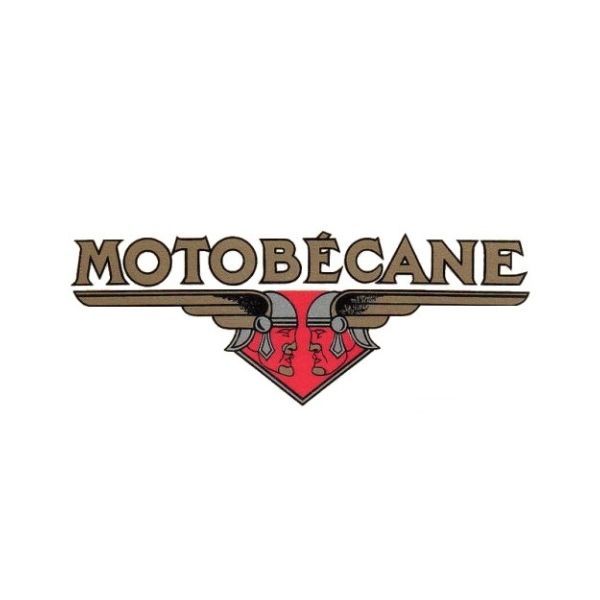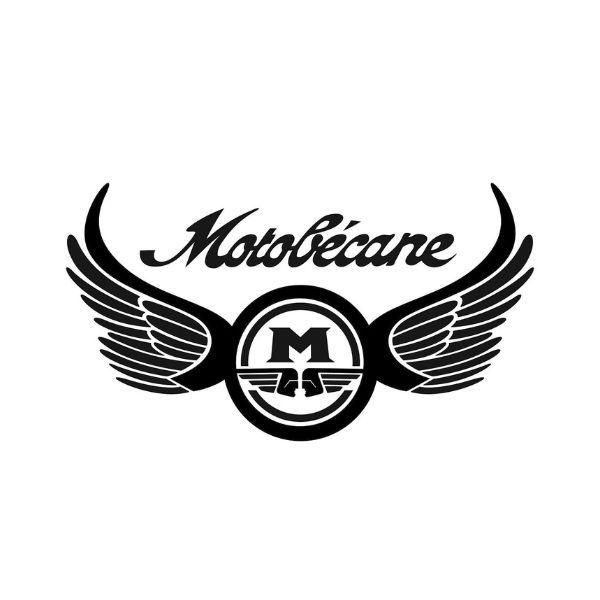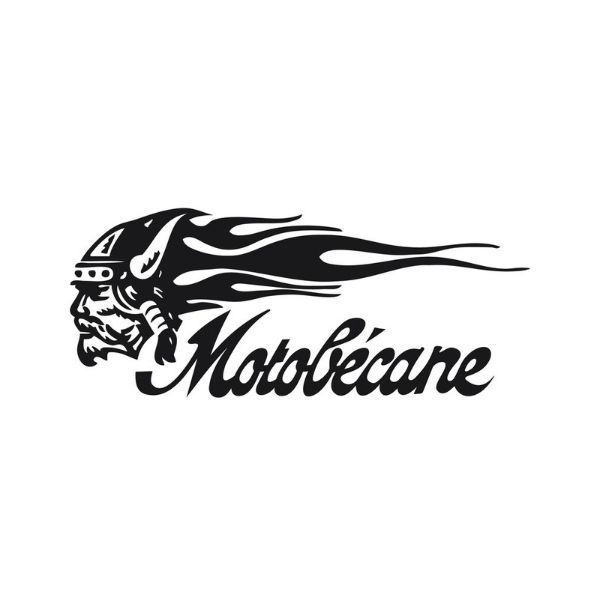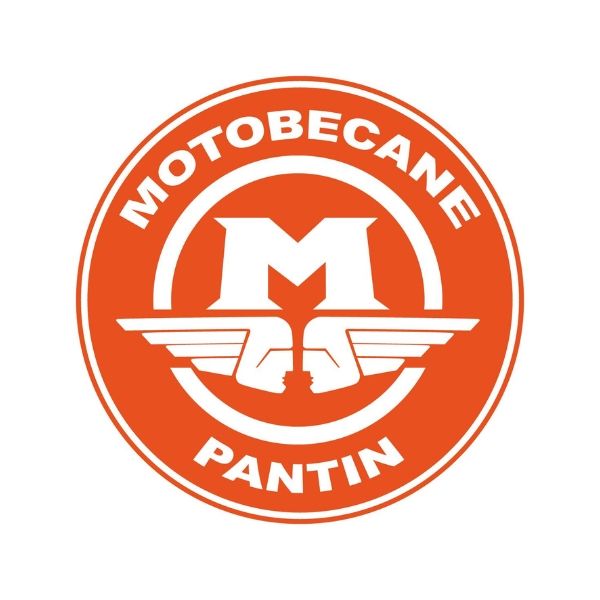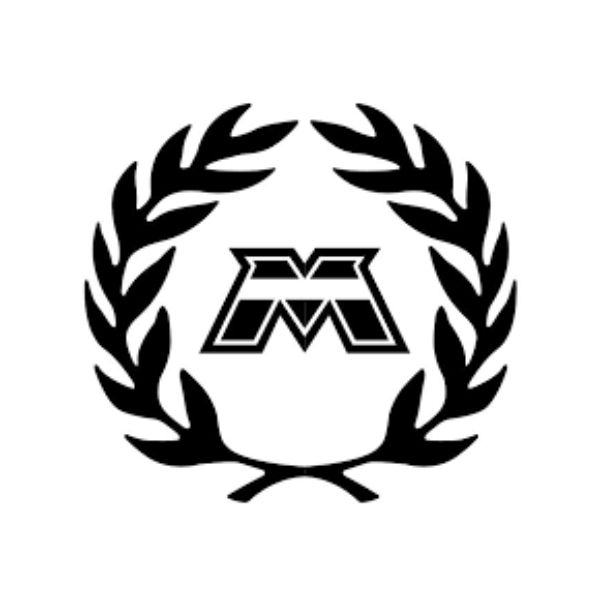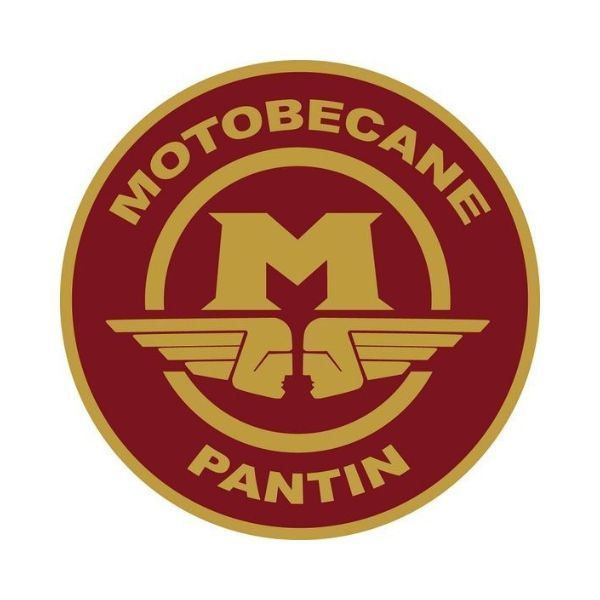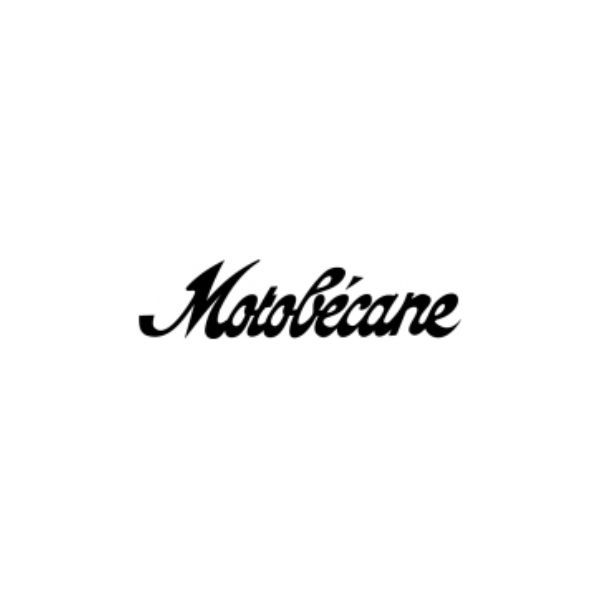Motobécane
Motobécane, the iconic French manufacturer, etched its name into the annals of motorcycle history with its innovative designs and formidable racing success. Founded in 1923, the brand quickly became synonymous with high-quality engineering and reliable performance.
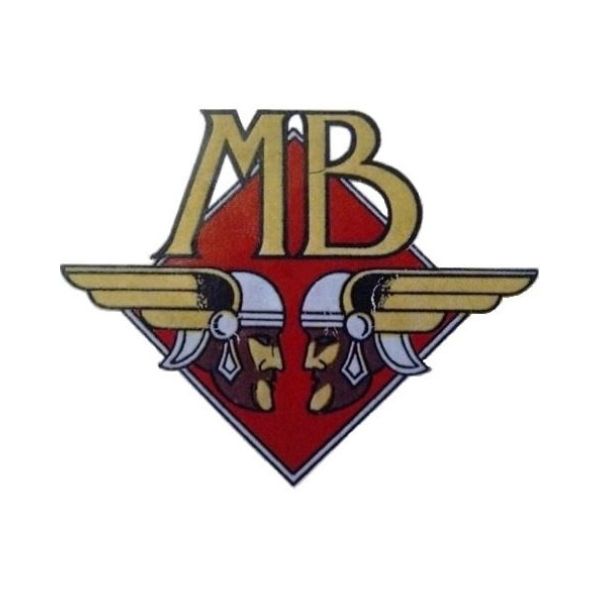
The company's founders, Charles Benoit and Abel Bardin, launched Motobécane with the vision of producing motorcycles that would capture the hearts of riders worldwide. Their first venture was a 175cc single-cylinder two-stroke bike, a masterpiece that set the foundation for a thriving company. This humble beginning led to the production of a diverse range of motorcycles that would ultimately define Motobécane's success.
From the late 1920s through the 1930s, Motobécane's lineup expanded significantly. Notably, they introduced a 250cc four-stroke machine and later a longitudinal shaft-drive inline-four engine motorcycle available in 500 and 750 cc capacities. These advances signaled Motobécane's dedication to innovation and established their dominance in the French motorcycle industry.
Motobécane also found success on the racing track. Luis Ocaña's victory in the 1973 Tour de France on a Motobécane bike signaled the brand's capabilities in high-performance racing. Moreover, the company made a significant impact on the Grand Prix motorcycle racing, notably finishing second in the 1980 125cc road racing world championship.
Despite hardships during the 1960s, as the rise of affordable cars and the influx of Japanese motorcycles threatened the industry, Motobécane remained resilient. They continued producing two-cylinder 125cc motorcycles and ventured into three-cylinder 350cc and 500cc bikes, demonstrating adaptability and perseverance in an ever-evolving market.
Motobécane's influence extended beyond motorcycles, with their introduction of the Mobylette moped in 1949, which enjoyed widespread popularity, with 14 million units manufactured over 48 years. Their mopeds were even licensed for production in other countries, furthering Motobécane's international reach.
In the later years, Motobécane's legacy saw a series of transformations. Following bankruptcy in 1981, the company was acquired by Yamaha and reborn as MBK, continuing the tradition of producing reliable mopeds and becoming a strong contender in French moped racing.
Today, the Motobécane name lives on under Motobecane USA, a separate entity importing a range of bicycles manufactured by Kinesis Industry Co. Ltd. under the renowned trademark. Despite the changes, the legacy of Motobécane's innovative spirit, racing triumphs, and high-quality motorcycles lives on, affirming its enduring place in motorcycle history.
Additional Motobécane Logos
Author: William Flaiz

